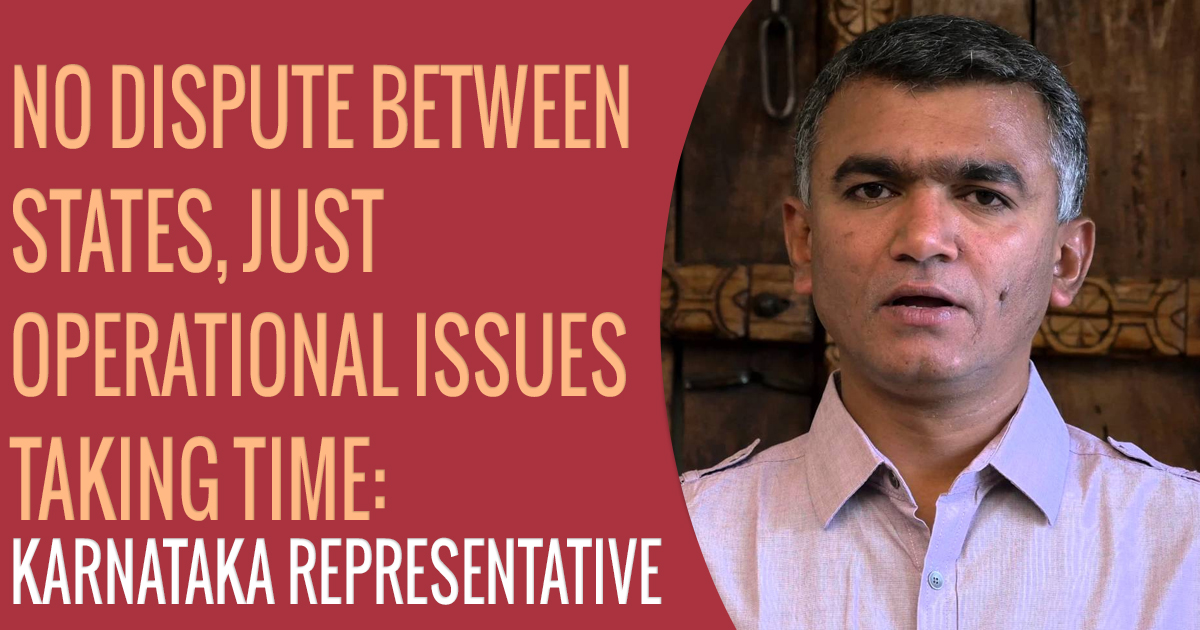Congress-taken Karnataka’s representative of GST council, Krishna Byre Gowda took a stand and clarified that non-NDA parties are not all the reason for the delayed implementation of GST nor there is any implementation of putting any hurdle in between, he just pointed out that all these issues were not discussed in the party. All these immediate talks were done by the state’s agriculture minister ahead of the GST council next meeting.
Gowda has been representing chief minister Siddaramaiah in the GST council and all the formal talks have been taken by him. He said that “We are still trying very hard to meet the April 1 deadline to implement the GST, There is no fundamental disagreement between the states and the Center on the one country one market principle. The only reason for the delay is that we are taking up all three laws related to the GST clause by clause and resolving operational issues, which takes time.”
Read: Why GST is Still Away From ‘One Nation One Tax‘ Agenda
Mr. Gowda totally cleared that Union Finance Minister Arun Jaitley is a patience seeker in this matter of significant economic transformation and also affirmed that every decision taken by him will be on the side of economy and nation. He said that “He doesn’t want to give the impression of a strong arm tactic. He is moving at a pace that all the states are willing to move. He is sensitive to not being seen as pushing it, There are no divisions on party lines in the council. BJP-ruled states have objected to some clauses that the Center wants and all Congress-ruled states do not have the same stand on all issues, if the process was delayed any further, “the Center may crack the whip on BJP-ruled states to fall in line.”
He also explained that due to complex issues of CGST, SGST, IGST and compensation rules the scheme couldn’t be implemented at the time and solved before April 1st as doing hurry in this significant hurry will harm ourselves. He in fact suggested that “We suggested that officers from all the states and the Center meet continuously and vet the clauses, bringing only the more contentious ones to the council for resolution. They have started doing this and hopefully, things will move faster.”
He finally mentioned the ultimate problem in the GST implementation which was earlier noticed of tax base division occupied between states and center. He said that “Some states, including BJP-ruled ones, want a bigger tax base for the state, Others, including us, feel that this is not an issue that will affect either the public or industry and is not crucial except as a turf-war between officers in the Center and in the states. We have suggested that instead of dividing the tax base, we should just divide the audits that are done on assessees and follow built-in protocol to ensure there is no dual raids or harassment by both sets of officers. This, we feel, can be resolved more easily than dividing the tax base.”
Some of the IT related problems were also surfaced from him as he said that, “Workshops are being held and people are being trained on the new system, under which manual interface will be minimal. Registrations of firms, filing tax returns, claiming input tax credit and tax deductions will all be online. Some states have already automated, the majority are manual. Issues like Internet connectivity in the North-East are being worked out. So maybe the September 16 deadline, by which the GST has to mandatorily be rolled out, is more feasible. If we can get the legal aspects through, the focus could go on ironing out operational difficulties.”









